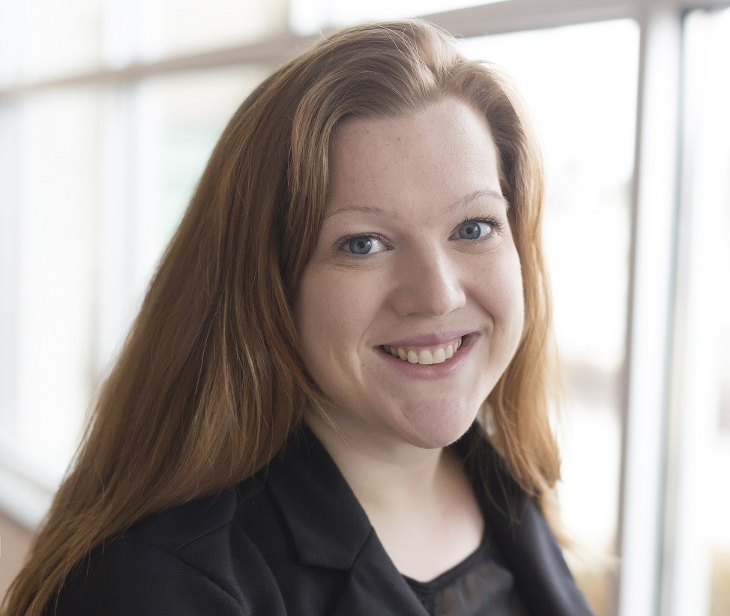I don’t want to go back to normal.
I have worked in higher education for 15 years and from day one, the higher education establishment has asked the same questions. What are we selling? What makes a quality university experience?

In the COVID era, we are seeing that not all campuses are created equal, and the ones that will stand the test of this trying time, and beyond, are those that innovate and embrace multi-level education.
While we’ve been building state-of-the-art facilities, we’ve forgotten to build state-of-the-art education.
The pandemic has shone a spotlight on the failings of higher ed. We are seeing that the quality of online education is not good, yet it could be. Remove the dorms, snack bars and Olympic-sized pools and what most colleges are left with are mediocre, traditionalist teachers talking online and students who are not listening.
No wonder parents don’t want to pay for an all-online college! Their students are disengaged and bored, despite the advanced technologies. We see clearly that a college education was more about experience and fun than learning. Employers concur. And it isn’t the fault of technology.
This pandemic is revealing what some of us already knew: antiquated teaching methods are not worth a hefty tuition investment.
It’s also telling that universities do not reward faculty for being innovative educators. Academic freedom could be the downfall of higher education. Traditionalist teachers who refuse to embrace technology keep lecturing to disinterested students the way they always have. There is no consequence, no motivation for change—unless you consider the consequence of a university shuttering in the wake of a pandemic due to a total withdrawal of students.
In the 21st century, university teaching must embrace all manners of delivery. Business and industry have done this. What is a university but a training ground?
Online teaching can be, must be, robust and engaging. Transformative. Soul-searching and inspiring. How can online academics lead higher ed into the future if traditionalist practices blunt the possibilities of technology?
The student of today wants an active, engaged classroom experience, and they deserve it, regardless of where that classroom is.
Of course, there’s another problem with higher ed that COVID is making clear: we’ve turned our campuses into circuses rather than esteemed loci of learning.
Our society expects the ‘movie version’ of college. And since society expects the status quo—bells and whistles, perks and parties—we believe we have to offer those as selling points. When really, we should be selling a quality education that transforms young people into productive, ambitious adults.
So I don’t want us to go back to the way things were before the pandemic. I want us to break this model once and for all, and transform higher ed into what it can be—what it must be—to survive.
COVID is forcing us to live and work in new ways, and it is a breath of fresh air. We prioritize health and family wellness; we are more relaxed with scheduling. We service students over video and engage more personably on the phone. We are cleaner—why did it take a pandemic for us to wash our hands?
We create staff coffee Zooms to connect. We have more attendance when orientation is virtual (an event once stressful due to lack of attendance); graduate residencies are highly enjoyable online.
We may be relegated to our homes, but we have more access thanks to technology. And while enjoying newfound free time, we have more time with the people dearest to us. We are outside again, walking and talking.
It’s not just the way higher education is delivered that needs a total change; it’s our entire approach to advanced education.
‘Back to normal’ is a clarion call to be regressive in our thinking. Do we really want to go back to a time when being human came last?
The pandemic has caused significant disruption in higher ed, true, but not all disruption is bad. Change can be good and, if embraced, can lead to innovation.
We are creating strategies to engage students and build bonds over distance. This is the purpose of a university, to lead the charge into new terrain and function as an innovative change agent that boldly goes to new frontiers for the benefit of all.
In higher ed, COVID-19 has brought more consciousness and connection, which could forever transform our landscape—if we are brave enough to let it and strong enough to follow through.
Emily Barnes is provost and interim president of Cleary University in Howell, Mich.

